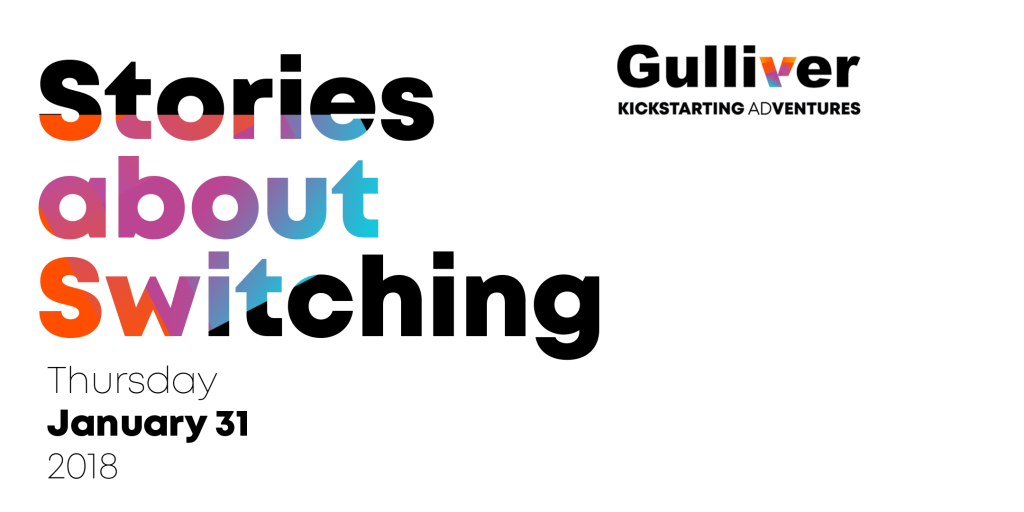
Whether you’re early in your entrepreneurship journey or well on your way as a start up founder, communicating the details of your business idea clearly on paper will be a crucial skill.
This is the point that someone may ask you to give some details about what you do in a single page document.
That’s why we’ve made this comprehensive guide, where we’ll walk through everything you need to know about the start up one-pager.
What is a start up one-pager?
A start up one-pager is a punchy document that aims to show investors and external stakeholders the value proposition of your business.
As the name suggests, it should only be one page long. That can make it quite an intimidating challenge but as you probably know already – time is money!
The best way to think of it is like a short, concise written document conveying the most important elements of your business plan.
While we have had members of our competition submit slide decks before – we strongly recommend to make this a written document with clear, structured writing.
Remember that it’s a professional piece of work to demonstrate your company’s potential, so take the time to make it accurate, mistake-free and authentic (choose AI generation at your own risk!).
What are the most important topics to cover in my one-pager?
The goal is to convince your audience that your business idea is a great one.
That’s why it’s critical that anyone reading your one-pager should be able to understand:
- What is the Product/Service you’re offering?
- What problem is it that you’re trying to solve?
- What is your business plan? How do you plan to staying solvent (if non-profit) or make profit (for-profits)?
- How big is the opportunity if you are successful?
- What is the competitive advantage you’re bringing to the market
While this covers the key elements, there can be some variation depending on who you’re addressing your document too.
A helpful resource for more information is this guide by Untold Content who names four different specific types of one-pagers that you can create:
- Informational
This is likely the most common version you will use (and what we normally expect during our competition).
The key here is to convey a general overview so that your target audience can get a feel for what your enterprise is all about. - Investment
Are you pitching to a potential investor? Then it’s likely your one-pager will need to place more emphasis on your financials and the potential of your leadership.
Alongside the main topics mentioned above, remember that the ultimate goal is to communicate about your need for investment and how worthy of an investment your company is. - Product
This version will focus specifically on the merits of your product/service. This tends to be directed more towards technical specialists or people more interested in learning the nitty-gritty of what you do. - Media
For all the times you’re presenting your company to some type of media – this one can vary depending on what kind of outlet is reporting about you but the same principles apply.
Just remember to keep your audience in mind.
What language should I use for my one-pager?
The most important factor to think about here is Know your audience.
For our competition, we ask for start-up teams to submit their documentation in English.
That said, it may be the case that the person you’re speaking to specifically wants your document in Dutch (or your local language).
If in doubt, always double-check for any instructions or directly with your target audience before sending it through.
If you want to be hyper-prepared for any situation, consider having multiple documents in different languages as required.
What does the Gulliver Board look for in a good business one-pager?

Be Innovative
- Originality
Are you breaking new ground with your idea? Or are you reinventing the wheel? - Problem Solving
Your product/service was designed to service a need – how well does it address the problem? - Technology/Approach
Are you on the bleeding edge of modern technology? Or are you working with outdated/common approaches? - Competitive Advantage
Do you have a clear and sustainable advantage over any solutions that already exists or that your competitors are offering?
Aim for Impact
- Social/Environmental Impact
Does your business contribute at all to social or environmental well-being? - Customer Value
How effectively does your business create value for your target customers? - Market Potential
How large is the potential market for your business and how well does your idea tap in this specific market?
Be Scalable
- Business Model
How logical is your business model and what is its potential for scalability? Is there a lot of room to grow? - Revenue Potential
How strong is the potential for revenue generation and profitability - Execution Plan
How clearly does your business outline the plans for achieving growth and scaling its operations?
We hope this guide has been useful – below are some great additional resources to get you on your way.
Did we miss any important points? Or maybe you have questions about your own one-pager? Feel free to reach out to us through our contact form.
Unfortunately, our Competition for 2023/2024 has finished but we’re always looking for promising South Holland start ups to apply next year.
We hope to see you and your excellent one-pager there!





